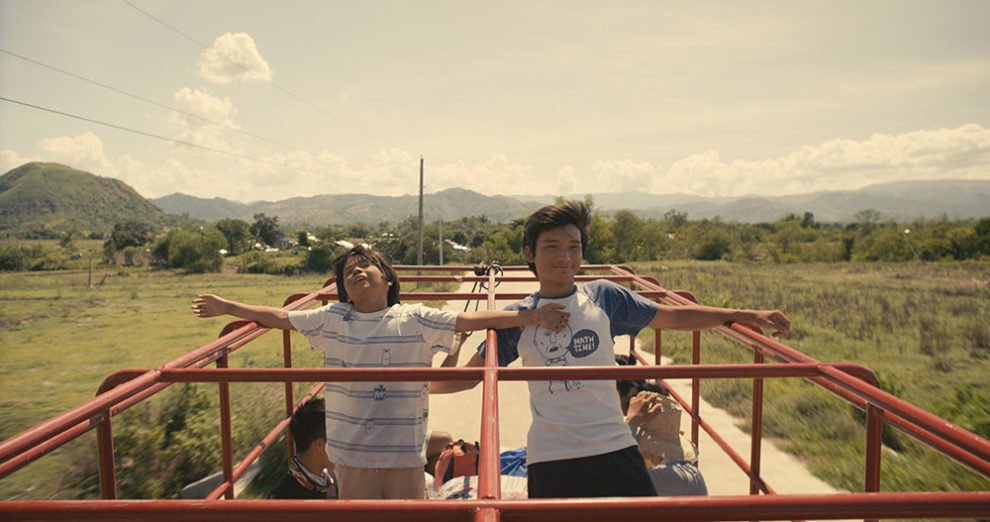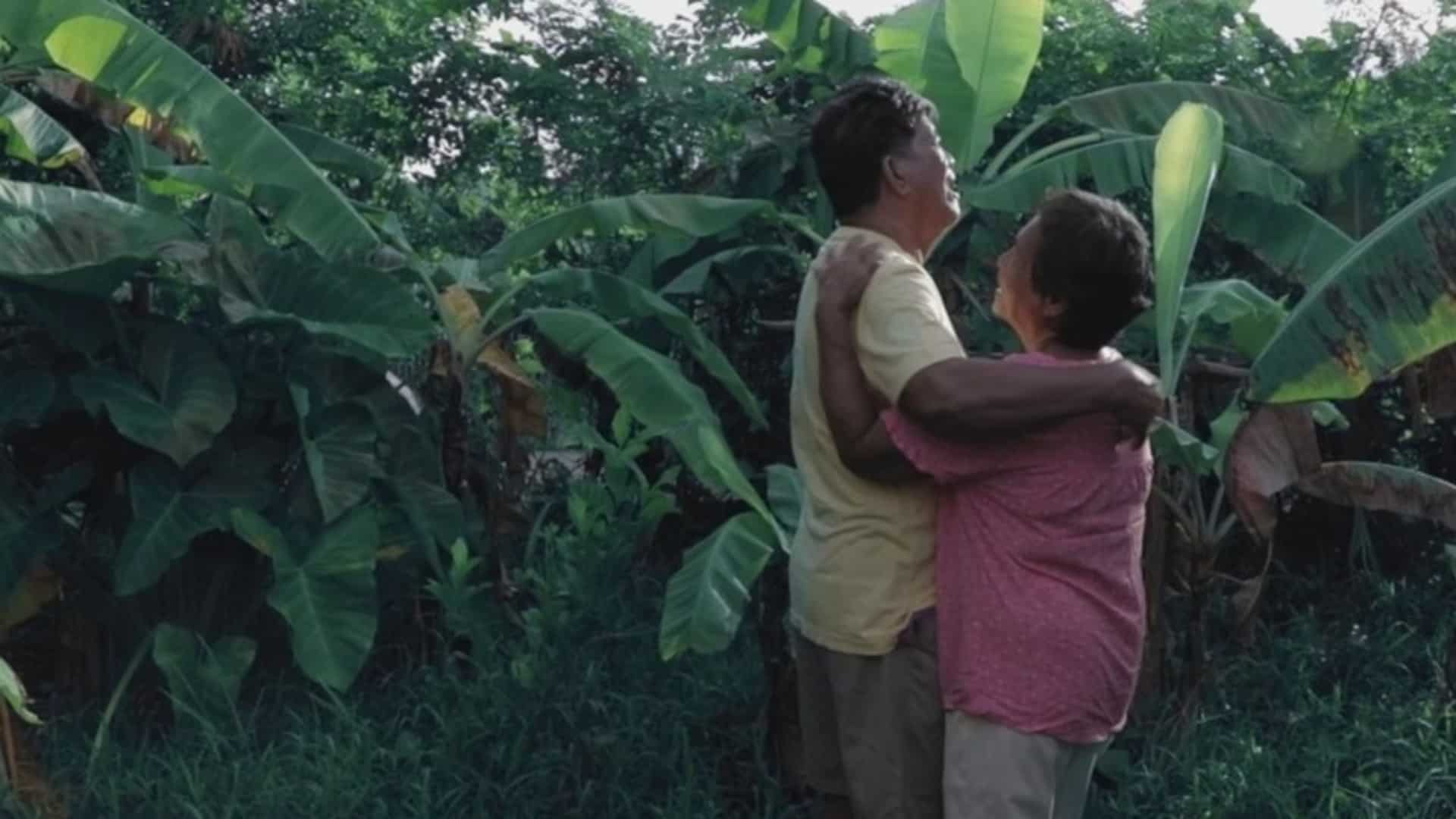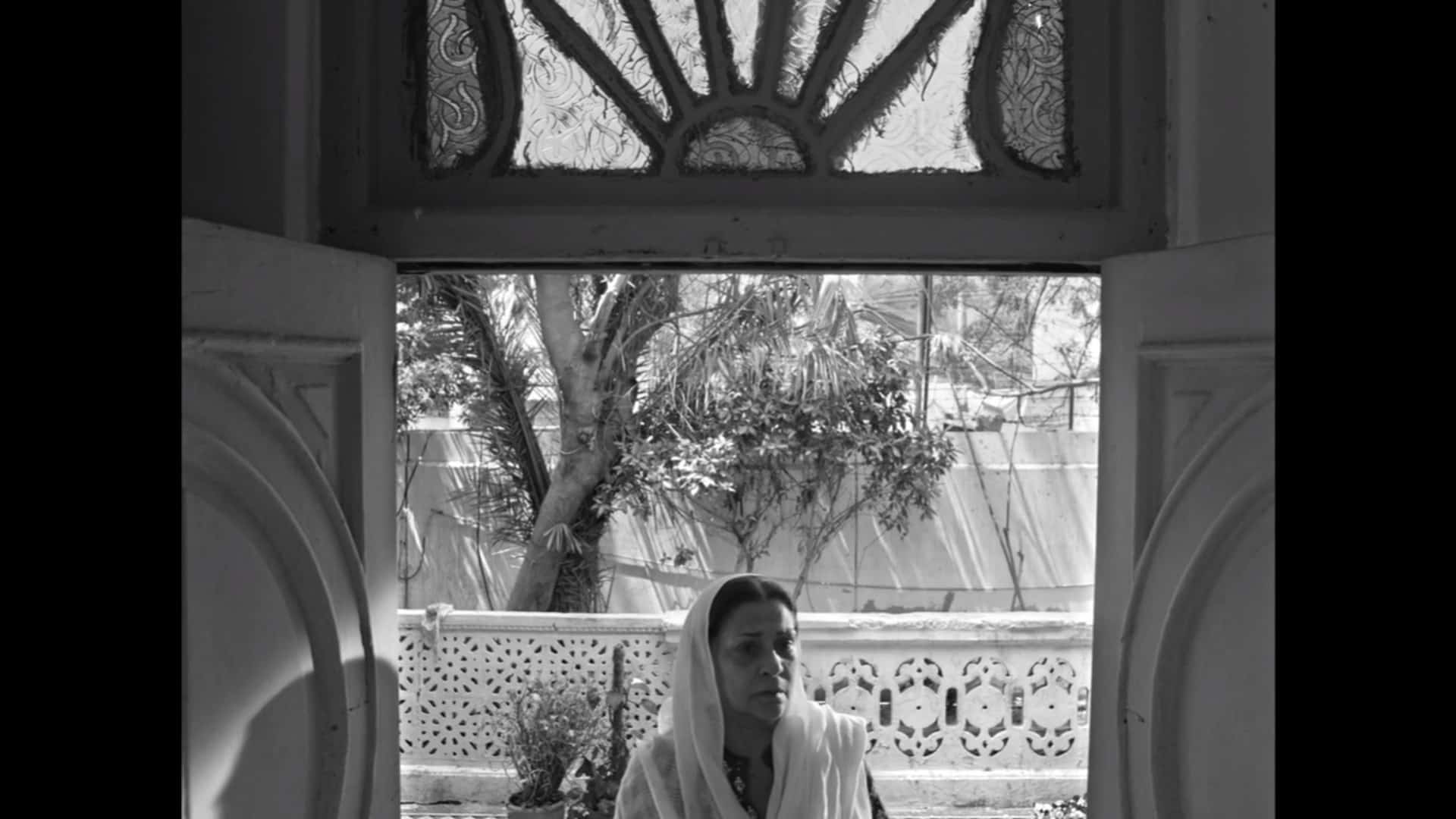The biggest winner of this year's Cinemalaya Philippine Independent Film Festival, “The Baseball Player” took home awards for Best Actor, Screenplay, Editing, and inevitably, for Best Film, with the script drawing from The Moro Conflict, an insurgency in the Mindanao region of the Philippines, which has involved multiple armed groups, and has been ongoing since March 1968.
The Baseball Player is screening at Busan International Film Festival

After his family was killed by soldiers, young Khalid ended up living with his parents' relatives in a neighboring town. Almera, and particularly her teenage son Amir, take the young boy under their wing, and try to help him with both his trauma and the intense change in his everyday life. Meanwhile, Amir, whose father was also killed by soldiers in 2000, is encouraged by his teacher, Jonas, to join the varsity team in baseball, with the young man dreaming of eventually becoming a professional player. However, his uncle Nhor has also recruited him to do combat training with the Moro Freedom Movement, with Amir spending his whole time in school, practice or training. Despite their hardships and their evident poorness, the newfound family eventually manage to find some notion of harmony, just when the Armed Forces of the Philippines reach their town in their war against the guerillas.
Carlo Obispo directs a movie that thrives on the way he manages to retain a very delicate balance among the elements that comprise the narrative. In that regard, “The Baseball Player” could have been a sports movie, considering the title and the inclusion of baseball in the story, a children's story, considering that both protagonists are children, a drama, considering the overall setting here, or even a war movie, since war seems to lurk in every corner of the story, even if it is never actually presented, apart from its consequences. However, in the end the movie ends up being all of those things at the same time, while not abiding by any particular single element, in a true directorial feat by Obispo.
Furthemore, all the comments deriving from the aforementioned elements are still included in the narrative. The blights of war are all over the place, and have consequences both in the grown ups who strive to survive with their remaining families, and the children, who find it impossible to adapt to these extreme situations, much less dream of changing their lives. Even when they do, though, reality comes crashing on them in the worst fashion. The way families are shaped by actions, not only by blood, the hate deriving from allodoxaphobia, and the way the actions of the grown ups shape their children's future are also commented on, cementing the rather rich narrative of the title.
The whole directorial approach finds its apogee in the last scene of the film, when the child's cries are juxtaposed with the constant gunfire, which are only heard and not seen though, in a truly impactful moment that is bound to stay on the mind of any viewer.
In terms of production values, the movie is minimal, essentially allowing the context to thrive. DP Marvin Reyes captures the rural setting through mostly pastel colors, in a rather fitting choice, while a couple of long shots also highlight the beauties of the setting. Zig Dulay's editing results in a mid-tempo, which suits the overall aesthetics nicely, while the economic 75 minutes of the duration allow the film not to overstay its welcome in any way.
Lastly, Obispo manages to get great performances from JM Bautista as Khalid and Tommy Alejandrino as Amir, despite their age, with their chemistry being among the best traits in the movie, as much as the realistic rendition of their characters.
“The Baseball Player” is an excellent film, a masterclass in cinematic economy, and one of the Best ASEAN movies we have seen this year.















